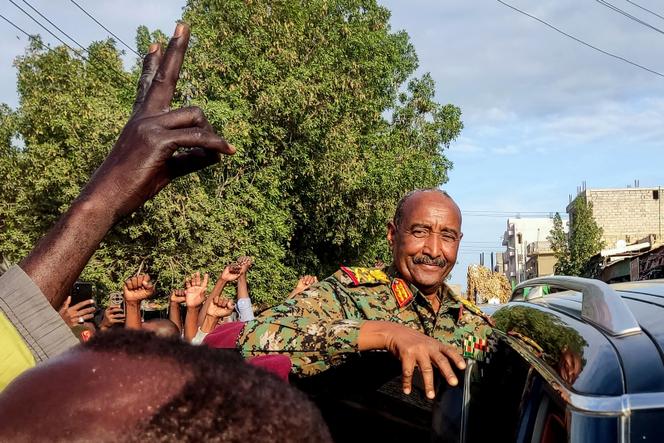


The Sudanese people gave the world a lesson in democracy by peacefully overthrowing the dictatorship of Omar al-Bashir in April 2019, after 30 years in power (and accused by the International Criminal Court of having committed "genocide" in Darfur from 2003). However, this democratic transition was interrupted in October 2021 by a coup d'état organized by generals Abdel Fattah Al-Burhan, head of the Sudanese Armed Forces (SAF), and Hamdan Daglo, known as "Hemetti," head of the Rapid Support Forces (RSF).
But the two putschists, unable to reconcile their overwhelming ambitions, have been at war with each other since April 2023. The conflict has become all the more brutal as it has spread from the capital, Khartoum, to other parts of the country. Tens of thousands of civilians have already lost their lives, particularly in Darfur, where the advance of the RSF – which emerged from the genocidal militias of 2003 – has been accompanied by massacres targeting the non-Arab population.
Sudan is attracting little interest from the international community, with the unfortunate exception of those powers opposed to the establishment of a democratic alternative to Khartoum. Egypt, Saudi Arabia and the United Arab Emirates (UAE), following their consistent and relentless counter-revolutionary agenda, have joined forces to support the 2021 coup. However, the "war of the generals" that broke out a year and a half later deeply divided this pro-coup trio.
You have 72.37% of this article left to read. The rest is for subscribers only.
